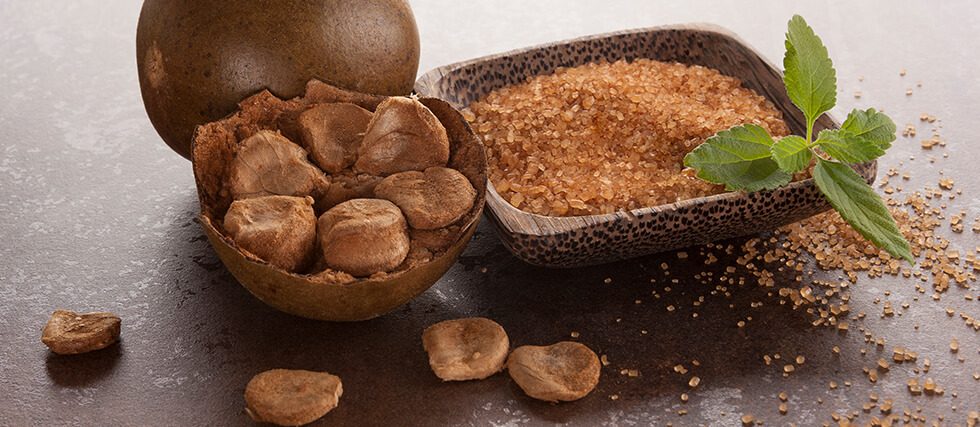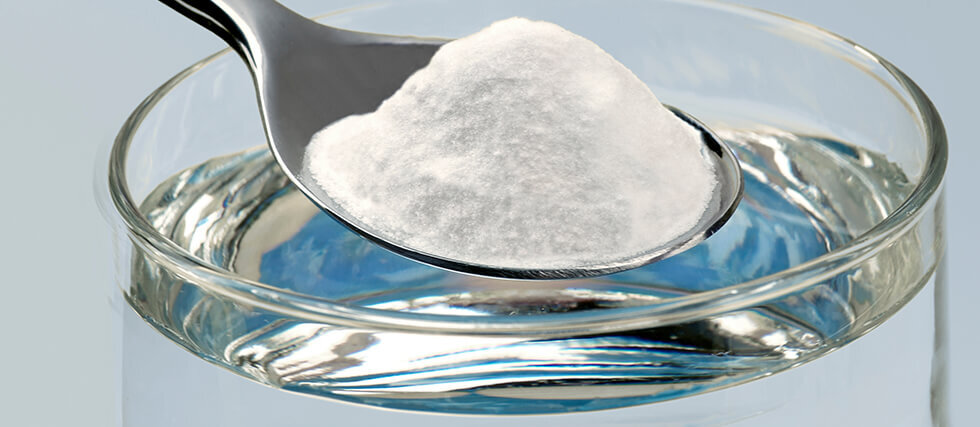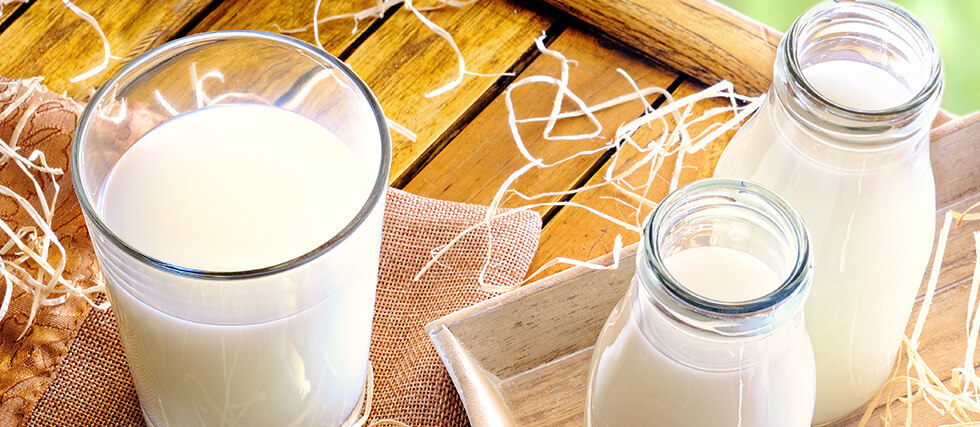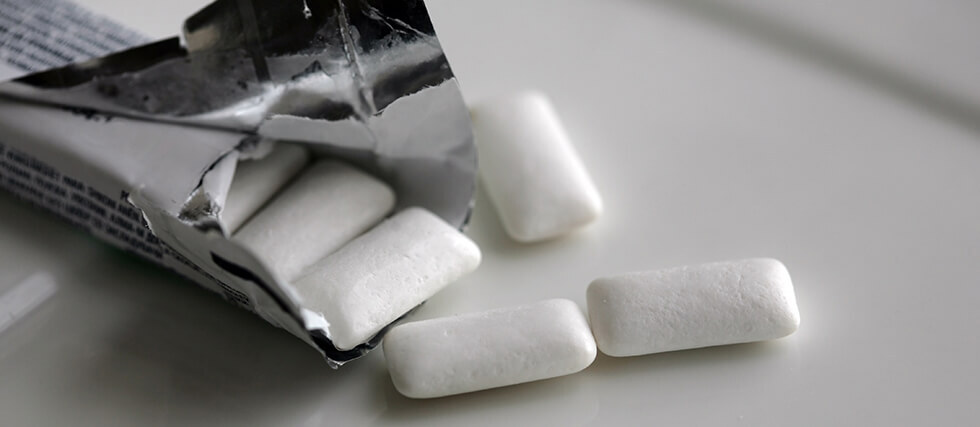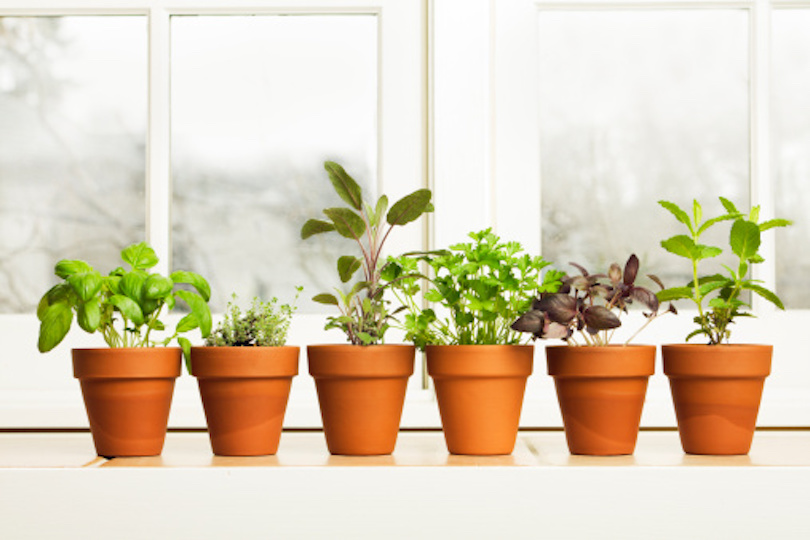Lavender: The Ultimate Medicinal Powerhouse Your Garden Needs
If you’re looking for a game-changing medicinal flower, look no further than lavender. This fragrant herb isn’t just a delight for the senses—it’s packed with powerful health benefits that make it a must-have in any garden. Whether you use it for relaxation, skincare, or natural remedies, lavender is nature’s gift to your well-being.
Why Lavender is a Wellness Superstar
- Melts Away Stress & Anxiety – Lavender’s calming properties help reduce stress and anxiety, whether inhaled, taken as a supplement, or used in massage oil.
- Promotes Deep, Restful Sleep – Trouble sleeping? Lavender aromatherapy has been shown to improve sleep quality, making it a great natural remedy for insomnia.
- Soothes Headaches & Migraines – Inhaling lavender oil may reduce headache and migraine severity, offering a natural alternative to painkillers.
- Fights Inflammation & Speeds Healing – Lavender’s anti-inflammatory properties help soothe skin irritation, heal wounds, and ease menstrual cramps.
- Supports Heart Health – Studies suggest lavender can help lower blood pressure and heart rate by calming the nervous system.
- Aids Digestion – It relaxes gut muscles, reducing bloating, gas, and indigestion when consumed as tea or used as an essential oil.
- Strengthens Immunity – With antibacterial and antiviral properties, lavender may help protect against infections.
- Balances Hormones – It may ease PMS and menopause symptoms like mood swings and cramps due to its mild estrogenic effects.
- Sharpens Focus & Memory – Inhaling lavender has been linked to improved brain function, reducing stress-related brain fog.
The Best Medicinal Lavender to Grow
For maximum benefits, plant English lavender (Lavandula angustifolia)—the variety with the highest concentration of linalool and linalyl acetate, known for their calming and healing effects. This hardy plant thrives in full sun, well-drained soil, and dry conditions, making it an essential low-maintenance garden.



